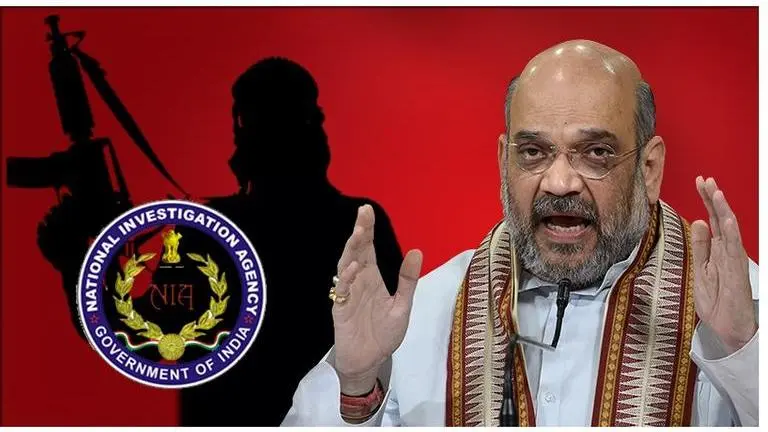Updated 2 August 2019 at 15:31 IST
UAPA BILL EXPLAINED: How & why it is the strongest version of the anti-terror bill yet
Taking a firm stance against terror, the Rajya Sabha on Friday passed the Unlawful Activities Prevention Amendment (UAPA) Bill with 147-42 vote margin after a fiery debate on the floor of the parliamentary house. Earlier last week, the Lok Sabha passed the Bill with a ratio of 287:8 MPs voting on it
- India News
- 3 min read

Taking a firm stance against terror, the Rajya Sabha on Friday passed the Unlawful Activities Prevention Amendment (UAPA) Bill with 147-42 vote margin after a fiery debate on the floor of the parliamentary house. Earlier last week, the Lok Sabha passed the Bill with a ratio of 287:8 MPs voting on it. While the Congress staged a walkout after the Assembly rejected a Parliamentary Standing Committee to review the bill, the BJD and SP voted for it.
What is the Unlawful Activities Prevention Amendment (UAPA) Bill 2019?
According to PRS, this bill is an extension of the Unlawful Activities (Prevention) Act, 1967 which amends the Act providing special procedures to counter terrorist activities, giving the National Investigation Agency (NIA) in particular additional powers while dealing with terrorism cases. The Bill was introduced in Lok Sabha by the Minister of Home Affairs Amit Shah, on July 8, 2019
Here are the four major amendments specified in the Bill, as explained by PRS:
-
Definition of Terrorist:
Previously, under the Act, the Central government could designate an organisation as a terrorist organisation if it does any of the following acts:
Advertisement
(i) commits or participates in acts of terrorism
(ii) prepares for terrorism
(iii) promotes terrorism
(iv) is otherwise involved in terrorism
The Bill adds the same clauses to individuals, empowering the government to designate an individiual as 'terrorist' on the same grounds.
Advertisement
-
NIA can conduct investigations:
While the Act specified that terror cases may be investigated by officers of the rank of Deputy Superintendent or Assistant Commissioner of Police or above, the Bill specifies that NIA officers of the rank of Inspector or above may investigate cases.
-
NIA Approval for seizure of property:
Under the UAPA Act, every investigating officer was required to obtain the prior approval of the Director-General of Police if he wished to seize properties linked with terrorism. The Bill adds the clause that if the investigation is conducted by an NIA officer, he approval of the Director-General of NIA would be required for the same.
-
Inclusion of another treaty in Act:
The Act defined terror acts to nclude acts committed in the scope of any of the treaties listed in the Schedule list of the Act which lists nine treaties. Some of the major treaties listed are the Convention for the Suppression of Terrorist Bombings (1997), and the Convention against Taking of Hostages (1979).
To update the Act according to recent terror activities, the Bill adds the International Convention for Suppression of Acts of Nuclear Terrorism (2005) to the Schedule list of treaties.
Published By : Suchitra Karthikeyan
Published On: 2 August 2019 at 15:16 IST
